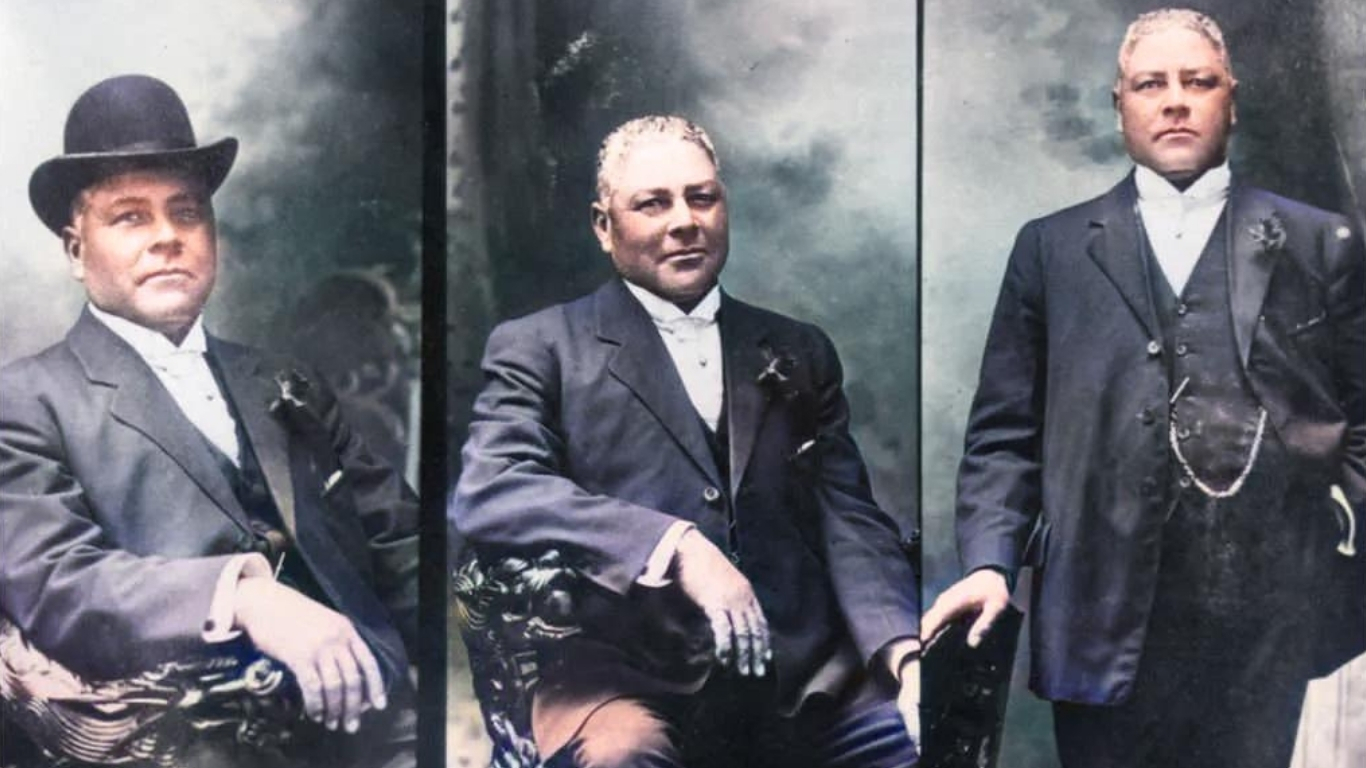Emerging Talent, Winnington University
The Remarkable Life and Legacy of Captain William T. Shorey
Introduction
Captain William T. Shorey, often referred to as “The Black Ahab,” is a figure whose legacy in maritime history is both significant and inspirational. Born in the 19th century, Shorey broke racial barriers and became one of the few African American whaling captains during a time when racial prejudices were rampant. His contributions to black achievements are numerous, spanning from his prowess at sea to his efforts in uplifting his community.
Early Life and Education
William T. Shorey was born on July 15, 1859, in Barbados. His father, John Shorey, was a cooper, and his mother, Elizabeth, was of African and Scottish descent. The family later moved to the United States, settling in New Bedford, Massachusetts, a major whaling hub. This environment ignited young Shorey’s passion for the sea.
Despite the limitations placed on African Americans in the 19th century, Shorey pursued an education that would eventually lead him to his maritime career. He attended local schools in New Bedford, where he excelled in his studies. His education provided him with the necessary skills and knowledge to navigate the complex world of whaling.
Maritime Career and Achievements
Becoming a Whaling Captain
Shorey’s maritime career began at a young age. He started as a cabin boy on whaling ships, quickly rising through the ranks due to his skill, determination, and leadership qualities. By 1886, Shorey had achieved the remarkable feat of becoming a whaling captain, a rare accomplishment for an African American during that period.
Leadership and Success at Sea
Captain Shorey commanded several whaling ships, including the Alexander, the Gay Head, and the Emma C. Jones. His expertise and leadership earned him great respect among his peers. Shorey’s voyages were highly successful, bringing back substantial hauls of whale oil and baleen, which were valuable commodities at the time. His ability to navigate the dangerous and unpredictable waters of the Arctic showcased his exceptional skills and bravery.
Contributions to Black Achievements
Breaking Racial Barriers
Captain William T. Shorey’s success as a whaling captain broke significant racial barriers in the maritime industry. At a time when African Americans were often relegated to menial jobs, Shorey’s achievements demonstrated that black individuals could excel in high-ranking and highly skilled professions. His career served as an inspiration to many young African Americans, showing them that they could aspire to and achieve greatness despite societal constraints.
Community Involvement and Legacy
Beyond his maritime career, Shorey was deeply involved in his community. He was a prominent figure in Oakland, California, where he settled with his wife, Julia Ann Nelson, and their children. Shorey was known for his philanthropy, contributing to various causes that supported the African American community. He was an advocate for education and worked to ensure that black children had access to quality schooling.
Supporting the African American Community
Captain Shorey’s contributions extended to civil rights and social justice. He was involved in efforts to combat racial discrimination and improve the lives of African Americans. His leadership and success provided a powerful example of what could be achieved through perseverance and hard work.
Personal Life and Legacy
Family and Personal Endeavors
William T. Shorey married Julia Ann Nelson in 1886, and together they had five children. The Shorey family was well-respected in their community, and their home was known as a place of hospitality and kindness. Julia was a supportive partner, and their marriage was a strong foundation for Shorey’s endeavors.
Continuing the Legacy
Captain Shorey’s legacy continued through his descendants and the lasting impact of his achievements. His story is a testament to the power of education, determination, and breaking through racial barriers. Shorey’s contributions to maritime history and the African American community remain a source of inspiration.
Conclusion
Captain William T. Shorey, “The Black Ahab,” stands as a monumental figure in history. His accomplishments as a whaling captain broke racial barriers and set a precedent for future generations of African Americans. Shorey’s dedication to his community, his family, and his profession exemplifies the spirit of resilience and excellence. His legacy continues to inspire and remind us of the possibilities that can be achieved through hard work and determination.


